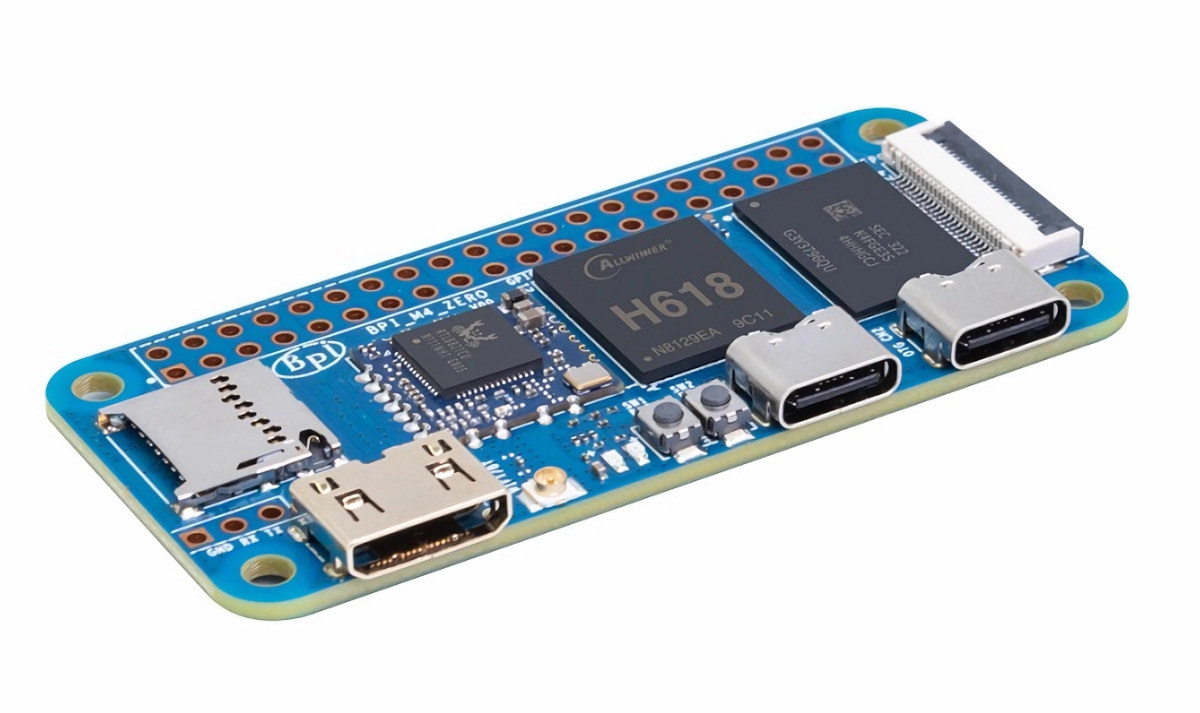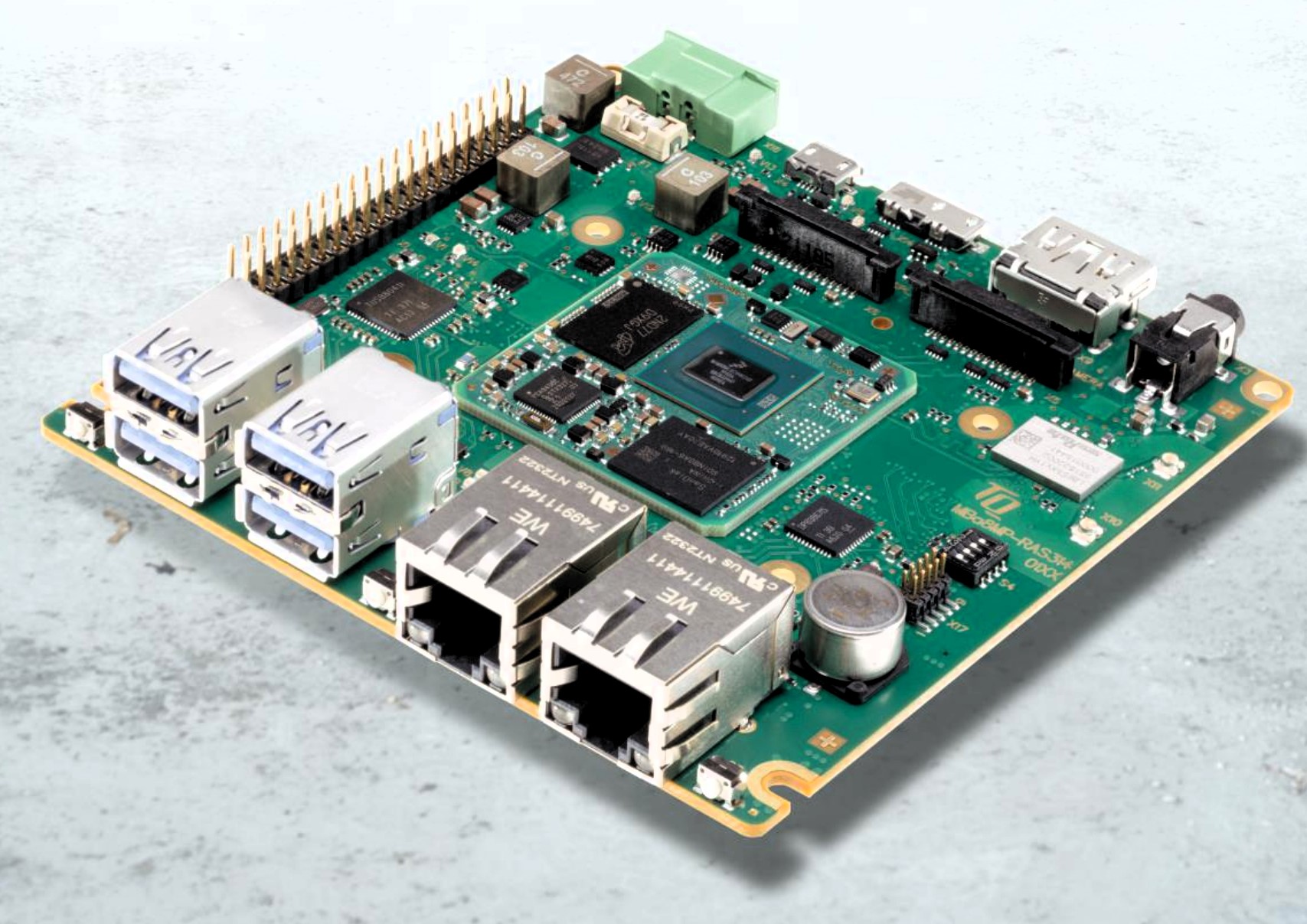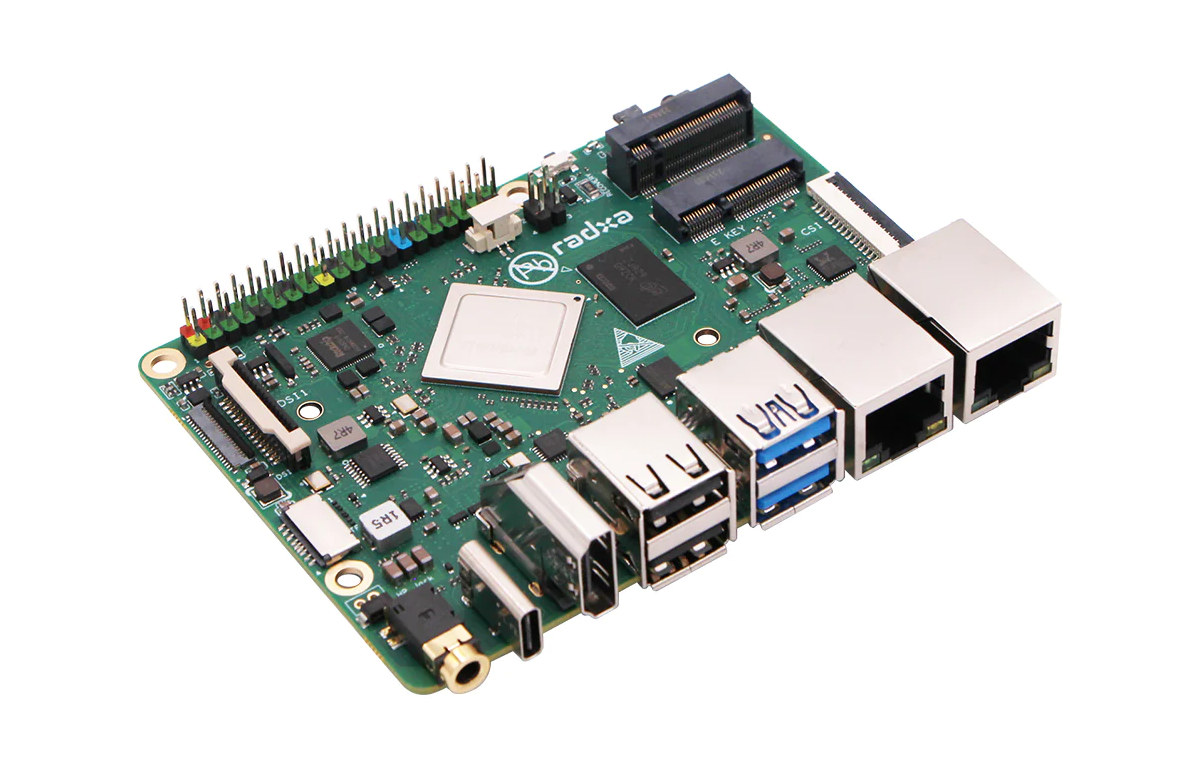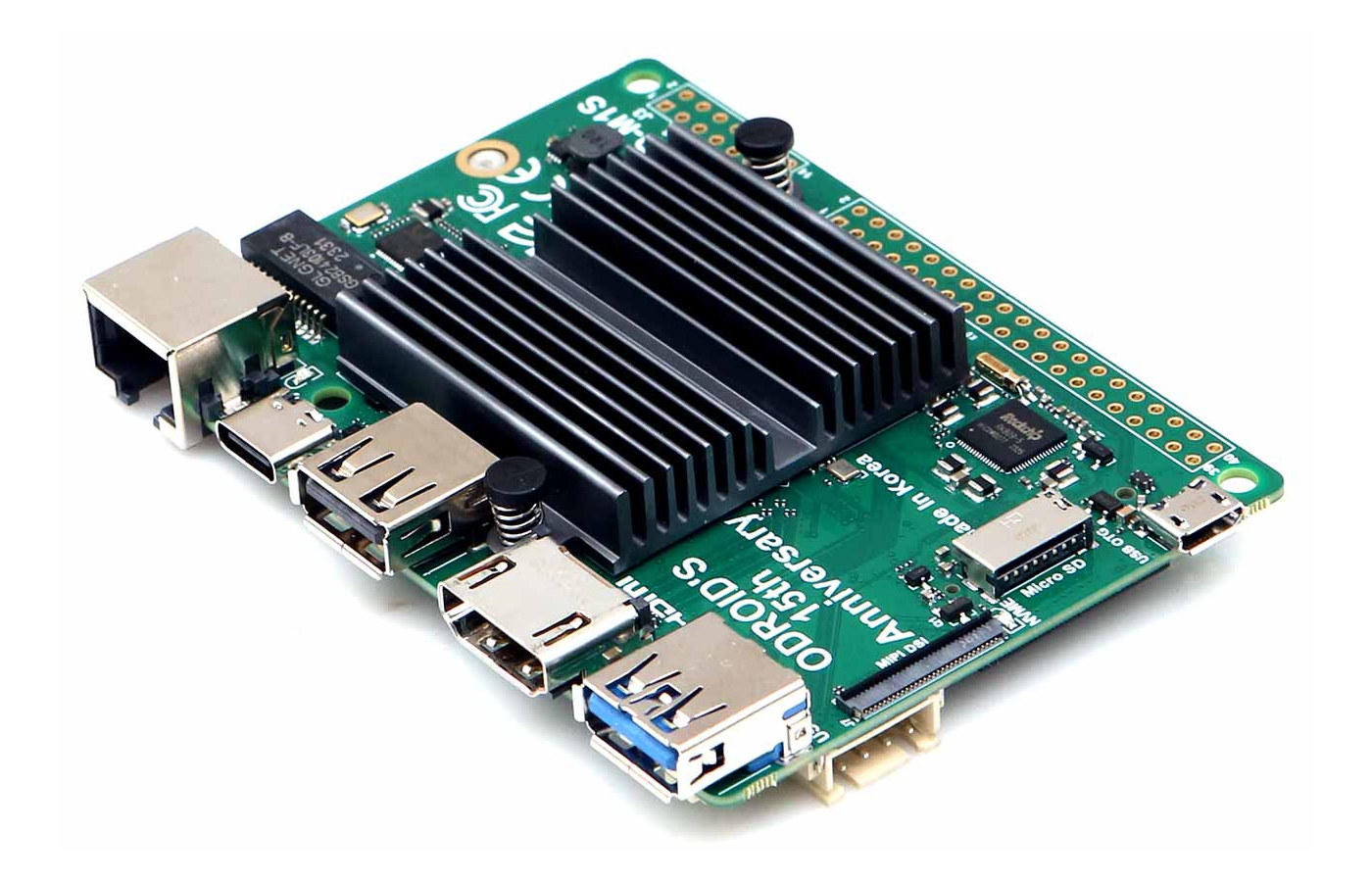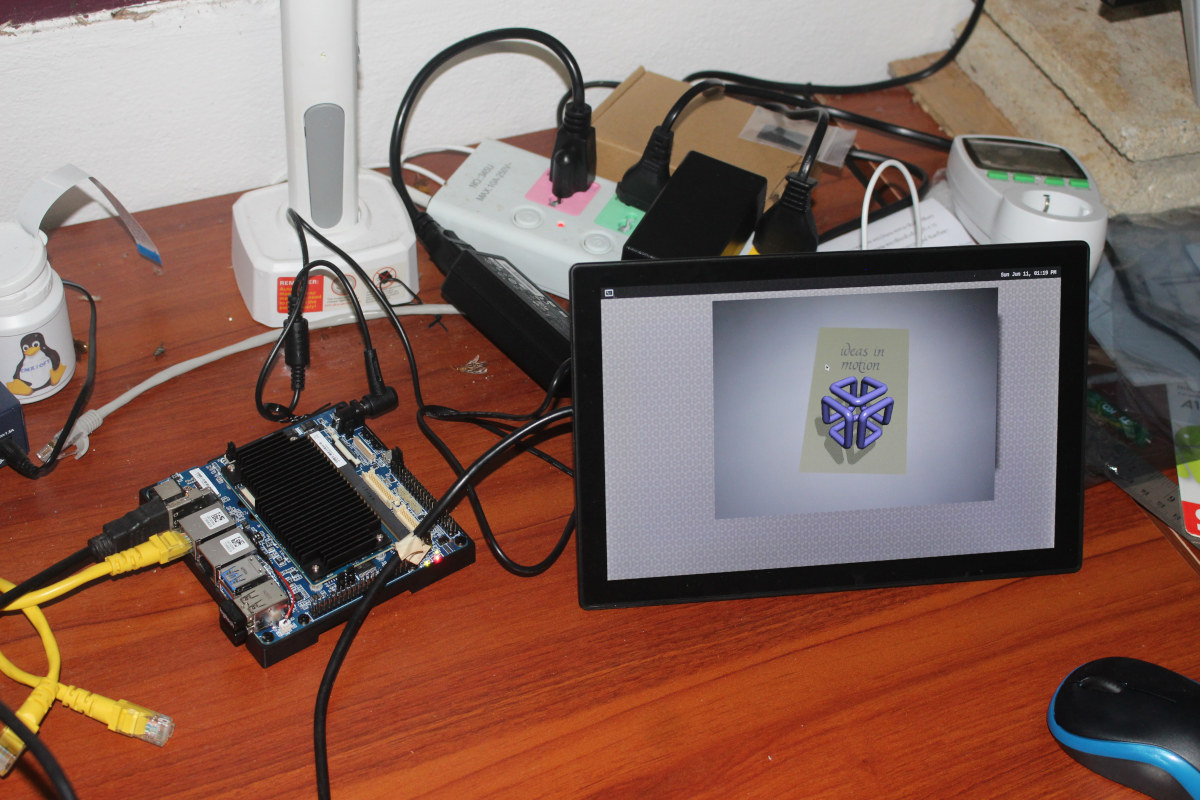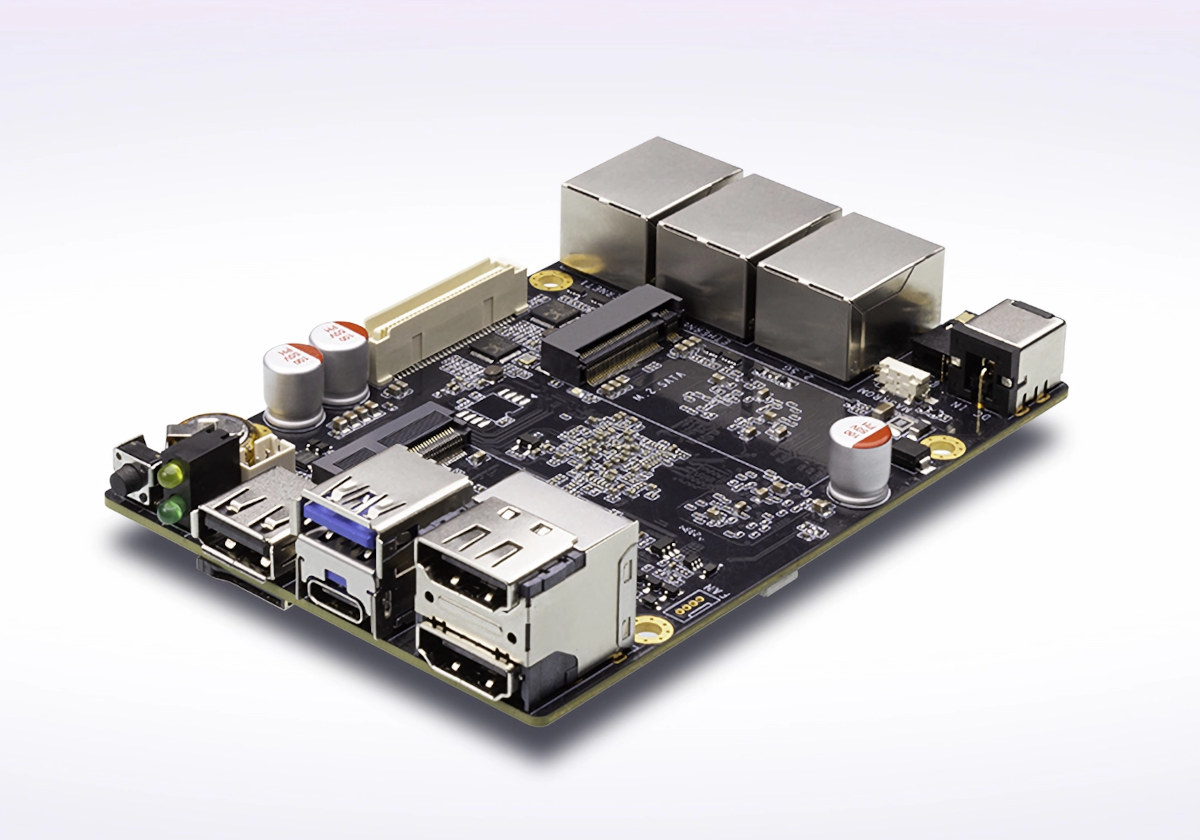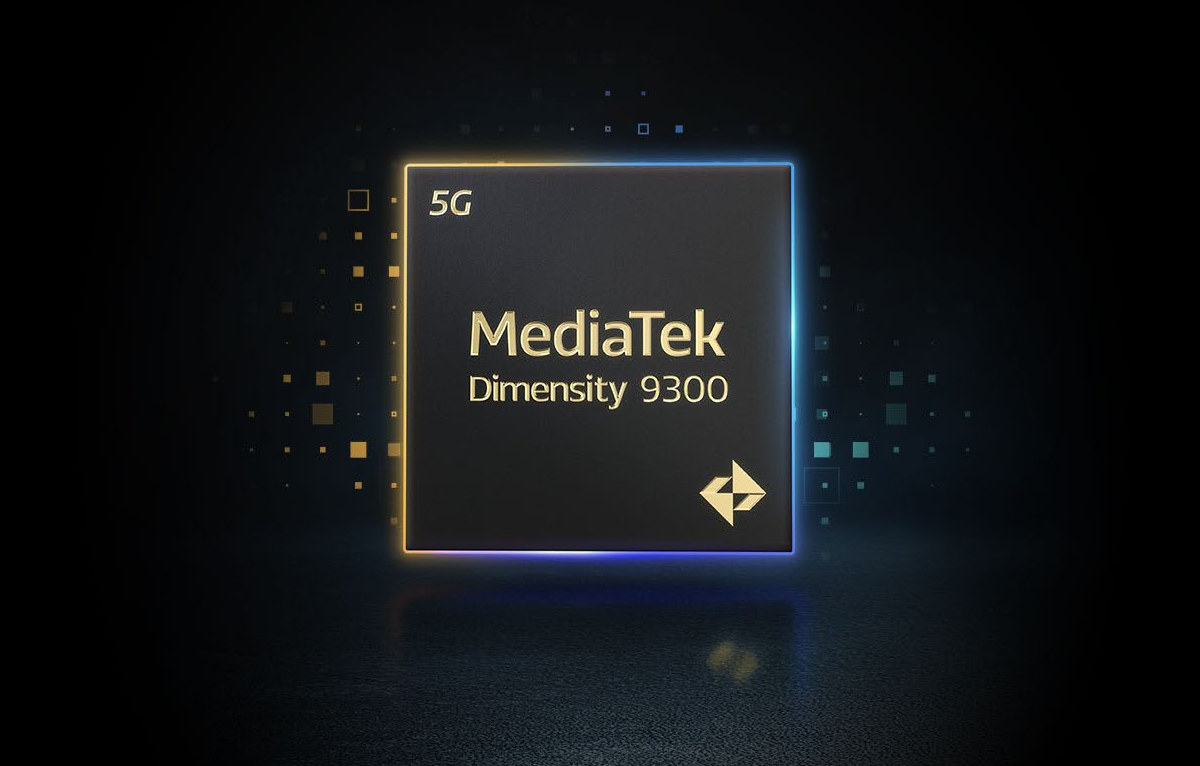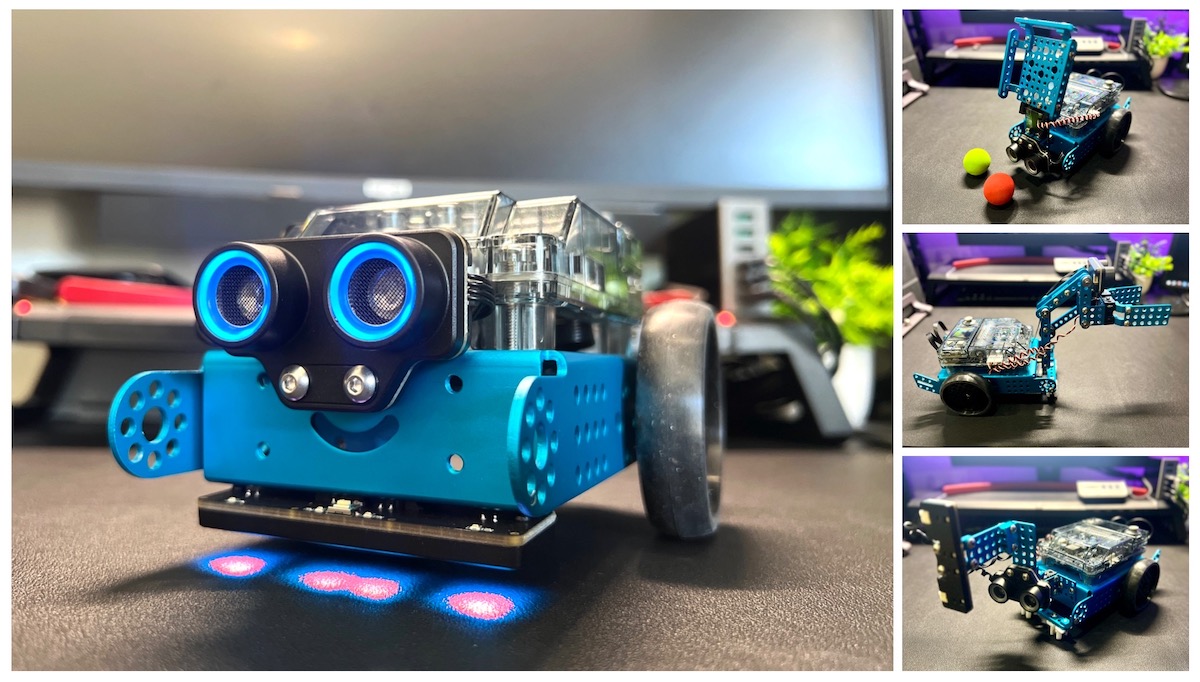Banana Pi BPI-M4 Zero is another Raspberry Pi Zero 2 W alternative with an Allwinner H618 quad-core Arm Cortex-A53 processor, 2GB LPDDR4, 8GB eMMC flash, mini HDMI video output, two USB-C ports, WiFi 5 and Bluetooth 4.2 wireless connectivity and the usual 40-pin GPIO header as well as a 24-pin “Misc” FPC header. It succeeds the Banana Pi BPI-M2 Zero launched in 2017 with an Allwinner H2+ quad-core Cortex A7 processor with basically the same form factor but a more powerful 64-bit Arm processor, more memory (2GB vs 512MB), built-in eMMC flash, dual-band WiFi 5, and the 24-pin MIPI CSI connector is now a “Misc” connector with USB 2.0, Fast Ethernet, and other I/Os. Banana Pi BPI-M4 Zero specifications: SoC – Allwinner H618 CPU – Quad-core Arm Cortex-A53 processor @ up to 1.5GHz with 1MB L2 cache GPU – Arm Mali-G31 MP2 GPU with support for OpenGL ES 1.0/2.0/3.2, OpenCL […]
TQ MBa8MP-RAS314 i.MX 8M Plus single board computer targets industrial, medical, and transportation applications
TQ has recently introduced a single board computer (SBC) called MBa8MP-RAS314. This industrial SBC is built on the TQMa8MPxL embedded module powered by the i.MX 8M Plus Arm Cortex-A53 processor developed by NXP and incorporates all the interfaces of the processor. The MBa8MP-RAS314 single board computer (SBC) finds many applications across various industries due to its features and versatility. In the medical field, it can be found in equipment for sleep monitoring, HMI eye laser systems, dialysis system control, and patient monitoring. In transportation, it can be used for in-vehicle diagnostics and acts as a gateway. Its capabilities extend to industrial automation, where it contributes to optical inspection systems, soft PLCs, programmable control, machine control, and maintenance systems. Specifications: CPU/Processor NXP i.MX 8M Plus Quad 8 ML/AI NXP i.MX 8M Plus Quad 6 Video NXP i.MX 8M Plus Quad 4 Lite Memory/Storage LPDDR4-SDRAM: Up to 8 GB Quad SPI NOR: […]
Radxa ROCK 3B Rockchip RK3568 SBC combines Pico-ITX and Raspberry Pi form factors
Radxa ROCK 3 Model B, or ROCK 3B for shorts, is a “PI-CO ITX” SBC powered by a Rockchip RK3568 SoC that combines the benefits of Pico-ITX and Raspberry Pi form factors in the sense that the 100x72mm board features all main ports on the rear side and supports expansion through a 40-pin Raspberry Pi-compatible GPIO header and several M.2 sockets for storage and wireless modules. The ROCK 3B is the younger, but bigger brother of the ROCK 3A business card-sized SBC introduced in 2021, still with an RK3568 CPU and up to 8GB LPDDR4, but the board features two gigabit Ethernet ports, an M.2 B Key socket for 4G LTE/5G cellular modules, an M.2 PCIe 3.0 x1 socket for an M.2 2280 SSD not necessitating an expansion board, besides the M.2 Key-E socket for WiFi 6. ROCK 3B specifications: SoC – Rockchip RK3568(J) CPU – Quad-core Cortex A55 processor […]
ODROID-M1S is a smaller, cheaper, and more efficient Rockchip RK3566 SBC with additional GPIOs
Designed for Hardkernle’s 15th anniversary, the ODROID-M1S is a smaller, cheaper ($49 and up), and more efficient single computer board compared to the ODROID-M1 single board computer introduced last year with a Rockchip RK3568 SoC. The new ODROID-M1S SBC features a Rockchip RK3566 SoC which is similar to the RK3568, but with fewer peripheral interfaces, 4GB or 8GB LPDDR4 memory, a 64GB eMMC flash solder on the board (instead of an eMMC flash connector), HDMI 2.0 and MIPI DSI video interfaces, gigabit Ethernet, a few USB ports, and two GPIO headers. It does lose a few features compared to the ODROID-M1, as its memory is clocked at a lower speed, the M.2 socket only supports PCIe 2.1, the SPI flash and SATA port are gone, and so is the MIPI CSI camera connector. The power supply has also changed from a 12V DC jack to a 5V USB-C port. ODROID-M1S […]
Giveaway Week 2023 – i-Pi SMARC 1200 devkit with Mediatek Genio 1200 Cortex-A78/A55 SoC
We’ll end this year’s Giveaway Week with a pretty powerful development kit – ADLINK i-Pi SMARC 1200 – powered by a MediaTek Genio 1200 octa-core processor with four Cortex-A78 cores @ up to 2.2 GHz, four Cortex-A55 cores, an Arm Mali Mali-G57 MC5 GPU, 4K hardware video decoding and decoding support, and a 4.8 TOPS NPU. The mainboard is comprised of a SMARC 2.1-compliant system-on-module with 4GB LPDDR4 memory and 64GB UFS storage and fitted with a heatsink for cooling as well as a carrier board with a 4Kp60 capable HDMI 2.0 port, two Gigabit Ethernet ports, two USB 3.0 ports, two USB 2.0 ports, a 3.5mm audio jack, two 40-pin headers for I/Os including one compatible with the 40-pin Raspberry Pi GPIO header, plus LVDS connectors, MIPI CSI camera connectors, and M.2 expansion slots for storage and/or wireless expansion. I tested the MediaTek Genio 1200 devkit with a Yocto […]
Firefly ROC-RK3588-RT Rockchip RK3588(J) SBC comes with three 2.5Gbps/gigabit Ethernet ports
Firefly ROC-RK3588-RT is a Rockchip RK3588(J) SBC suitable for networking applications such as routers and firewalls thanks to one 2.5GbE port and two gigabit Ethernet ports and available in both commercial and industrial temperature grades. But the board is likely to be used for more complex workloads since it also comes with three video output interfaces (2x HDMI and USB-C DisplayPort), M.2 sockets for a SATA or NVMe SSD, a WiFi 6/Bluetooth 5.2 module, a 6 TOPS NPU embedded in the Rockchip processor, and a (non-standard) expansion connector with PCIe Gen 3 and other interfaces. Firefly ROC-RK3588-RT specifications: SoC (one or the other) Rockchip RK3588 octa-core processor with CPU – 4x Cortex‑A76 cores @ up to 2.4 GHz, 4x Cortex‑A55 core @ 1.8 GHz GPU – Arm Mali-G610 MP4 “Odin” GPU @ 1.0 GHz Video decoder – 8Kp60 H.265, VP9, AVS2, 8Kp30 H.264 AVC/MVC, 4Kp60 AV1, 1080p60 MPEG-2/-1, VC-1, VP8 […]
MediaTek drops efficiency cores in Dimensity 9300 Cortex-X4/A720 mobile SoC
MediaTek Dimensity 9300 is a premium octa-core 5G mobile SoC with two clusters of four Cortex-X4 cores and four Cortex-A720 cores, but doing without any Cortex-A520 efficiency core, plus the latest Arm Mali-G720 GPU, and a MediaTek APU 790 neural processing unit (NPU) capable of support generative AI and large language models (LLM) with up to 33 billion parameters. Arm invented big.LITTLE and then DynamIQ technologies in order to mix cores with different power efficiency and performance characteristics in order to improve power consumption. Their latest launches included the Cortex-X4 premium core, Cortex-A720 performance/big core, and Cortex-A520 efficient/LITTLE core, but MediaTek decided to do without the Cortex-A520 in the Dimensity 9300 which strikes me as odd for a mobile SoC where power efficiency is important for a long battery life. MediaTek Dimensity 9300 specifications: Octa-core CPU with DynamIQ 4x Arm Cortex-X4 at up to 3.25GHz 4x Arm Cortex-A720 up to […]
Makeblock mBot Neo robot review with Smart World Add-on Pack
MakeBlock mBot Neo, also known as mBot2, is an educational robot that builds upon the previous generation mBot1 robot, and the company has sent us a review sample, following our earlier review of the Ultimate 2.0 10-in-1 educational robot kit, along with the Smart World Add-on Pack. The mBot Neo features a new ESP32-based CyberPi control board with WiFi connectivity for IoT and AI support. The robot is also equipped with a 2nd generation Ultrasonic sensor with improved object detection accuracy and status indicator, a built-in 4-ch RGB line sensor that can detect colors, as well as a new drive motor that comes with an encoder for more precise motion control. The mBot Neo robot kit is expandable with metal parts from other Makeblock models, mBuild modules and various electronic modules can be added making it also possible to build custom robots with third-party structural parts. The mBot Neo robot […]


